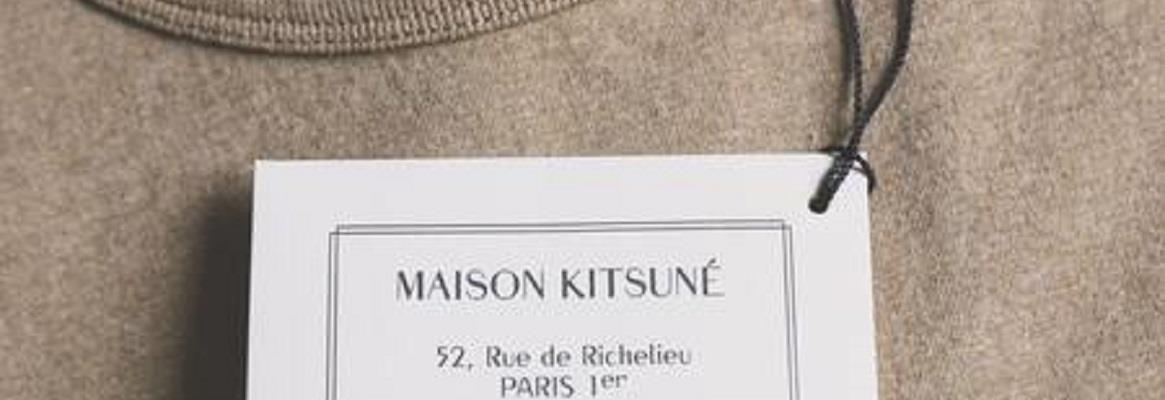Private label is a business model where products, in this case, clothing, is purchased and branded under your own company’s name. The manufacturer that provides the clothing may provide varying levels of customisation, however, there won’t be a need to design the goods from scratch. The manufacturer is using its own supplies to produce the products but then labelling it with the buyers’ own branding. It is an appealing business model because developing a brand gives you weight as a seller, and your business can scale as your brand becomes known and associated with the design of your garments. It allows you to stand apart from non-branded goods, a big plus in such a crowded marketplace.
What are The Benefits of Private Labelling?
• Smaller MOQs:
Many private label clothing manufacturers typically allow you to order items in smaller quantities than wholesalers. This means you can spread your investment around. Instead of purchasing 200 of one garment for resale, you can purchase several units of 20, allowing for a more well-rounded product line.
• Quality:
Purchasing private label increases your odds of connecting with a company that provides quality apparel in your niche.
• Higher profit margins:
This business model has slightly higher profit margins and the ability for brands to separate themselves from the competition. As there are lower manufacturing costs, compared to producing your own products, this also creates higher profitability.
• Flexibility in prices:
As you are purchasing these items at the manufacturer’s listed price, without paying a fee to a wholesale distributor, this can allow for greater flexibility in your retail price.
• Control:
An attractive aspect of private label is the control you can have with regard to so many of the decisions made in your business.
• Customisation:
The items can be personalised from colour to cut to fabric, and you can have your own brand’s label sewn directly onto each garment. This contrasts with ordering clothing from a wholesaler and marketing it yourself. For someone with an interest in a particular niche, this can make it easier to stand out in an already crowded marketplace.
• Customer satisfaction:
You can make changes allowing you to have more control over customer satisfaction. If your customer feedback mentions particular issues with a particular line, you can address those before you place your next order with the manufacturer.
• Brand options:
It isn’t necessary to choose between only one or the other business model when starting your brand. Many large online clothing retailers choose to stock their stores with a combination of staples sourced from wholesalers and more customised options purchased from a private label clothing manufacturer.
• Range of apparel:
Private label manufacturers produce a large range of apparel, from maternity clothing to athletic wear. In fact, many of the clothing lines that are sold on the likes of Amazon are sourced from private label companies.

What are the Downsides of Private Labelling?
• Legal issues:
When you brand an item, you take full responsibility for this. So, if what you are selling is of mediocre quality or otherwise faulty it will be you in the firing line. If you want to ensure liability sits with the manufacturer this needs to be documented in a contract before you begin working together.
• Upfront investment:
The one downside of starting a private label brand is you have to buy inventory up front, without knowing how much you’ll be able to sell.
• Communication issues:
Working with overseas manufacturers can pose communication problems. This can cause slower response times and sometimes miscommunications on the actual garment being produced. It also makes it harder to form a personal relationship with the people you are working with.
• Lower perceived quality:
Some consumers also have a sense of pride towards products produced in their own country. You risk losing some customers by working with overseas manufacturers. It will be important to decide at the get-go how transparent you are going to be with your target audience.
• Slower shipping times and higher costs:
When working with overseas manufacturers, shipping will inevitably take longer than with a domestic manufacturer and will cost more.
Looking for Private Label Manufacturers
Having weighed up the benefits and downsides of the way of doing business, you might decide that private label manufacturing is the right choice for you, in which case you can start by finding a manufacturer with experience of your product. Whilst this might sound obvious, it is quite important. You are looking for high quality paired with reasonable prices. Shop around, get a few different quotations before you make any decisions. Ask for product samples so you can try before you buy. Discuss minimum order quantities, shipping times and costs, liabilities and responsibilities. There are numerous sources for finding a private label manufacturer but google is a good place to begin.
This article has not been edited by Fibre2Fashion staff and is re-published with permission from synzenbe.com








Comments